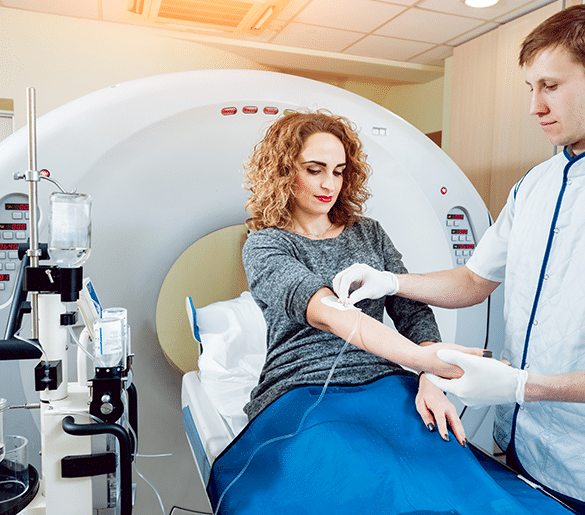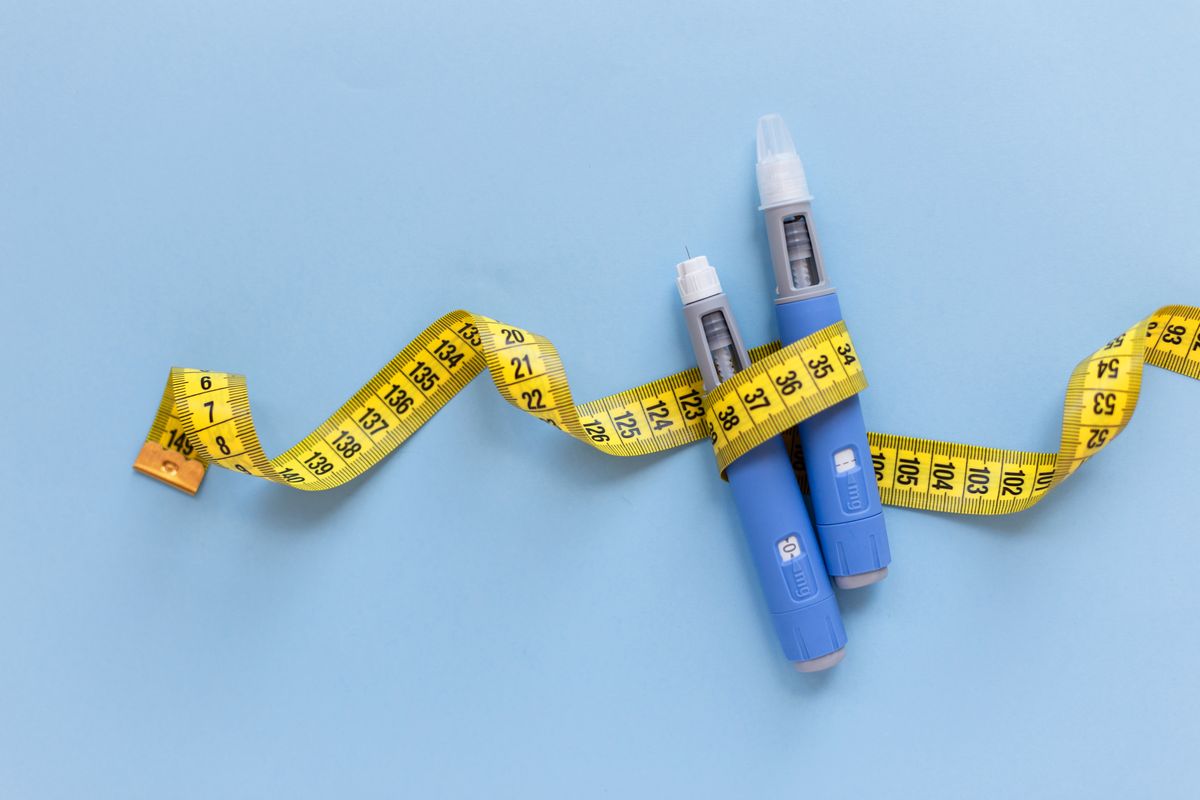Depression is a complex and deeply personal mental health condition that affects millions of people worldwide. If you’re seeking depression treatment in San Francisco, you’re not alone. Whether you’re experiencing mild symptoms or living with a more severe form of depression, it’s essential to explore the various treatment options available to find the one that works best for you. San Francisco, a city known for its innovation and diversity, offers a range of therapies and treatment modalities designed to address the multifaceted nature of depression. In this post, we’ll dive into the top five depression treatment options available in San Francisco, including traditional therapy, medication, holistic approaches, and cutting-edge treatments.

What Is Depression? Understanding the Basics
Before we explore the treatment options, it’s important to understand what depression is and how it can affect different aspects of your life. Depression is more than just feeling sad or down occasionally. It is a mood disorder that impacts your ability to function in everyday life, affecting your thoughts, emotions, and behavior. Common symptoms of depression include:
- Persistent sadness or low mood
- Loss of interest in activities once enjoyed
- Changes in appetite and sleep patterns
- Difficulty concentrating
- Feelings of guilt or worthlessness
- Thoughts of death or suicide
Fortunately, with the right treatment, most people can manage their symptoms effectively. If you’re considering therapy for depression in San Francisco, this guide will help you explore the best options available to support your mental health journey.
1. Traditional Talk Therapy (Psychotherapy)
The Role of Talk Therapy in Depression Treatment
One of the most common and effective forms of therapy for depression in San Francisco is traditional psychotherapy, also known as talk therapy. This treatment method involves working with a trained therapist to address the underlying causes of depression, develop coping strategies, and change negative thought patterns.
There are several types of talk therapy commonly used to treat depression:
Cognitive Behavioral Therapy (CBT)
CBT is a structured, goal-oriented form of therapy that helps patients identify and change negative thinking patterns and behaviors that contribute to their depression. Many therapists in San Francisco offer CBT, as it is widely recognized for its effectiveness in treating mild to severe depression. CBT teaches individuals to recognize negative thoughts and replace them with healthier, more balanced ones.
Interpersonal Therapy (IPT)
Interpersonal therapy focuses on improving communication and relationships that may contribute to feelings of depression. IPT is often recommended when depression is triggered by interpersonal conflicts or life events like grief, divorce, or major transitions.
Dialectical Behavior Therapy (DBT)
DBT is a form of therapy that combines CBT techniques with mindfulness practices. It is particularly effective for individuals experiencing depression alongside other mental health conditions such as borderline personality disorder or chronic emotional dysregulation.
Finding the Right Therapist in San Francisco
San Francisco is home to a diverse group of licensed mental health professionals who specialize in treating depression. Whether you’re seeking individual therapy or group sessions, finding a therapist who understands your unique needs is key to achieving the best outcome.
2. Medication Management for Depression
How Antidepressants Can Help
Medication is another common option for depression treatment in San Francisco. While not everyone with depression will need medication, antidepressants can be highly effective in helping regulate mood and alleviate severe symptoms. When prescribed by a psychiatrist or primary care physician, these medications can help correct chemical imbalances in the brain that contribute to depression.
There are several types of antidepressants used to treat depression, including:
- Selective Serotonin Reuptake Inhibitors (SSRIs): SSRIs like Prozac and Zoloft are the most commonly prescribed medications for depression. They work by increasing the levels of serotonin in the brain, which can help improve mood and reduce anxiety.
- Serotonin and Norepinephrine Reuptake Inhibitors (SNRIs): These medications, such as Effexor and Cymbalta, target both serotonin and norepinephrine to help balance mood.
- Tricyclic Antidepressants (TCAs): An older class of antidepressants, TCAs are sometimes used when other medications haven’t been effective.
- Atypical Antidepressants: Medications like Wellbutrin work in unique ways to target depressive symptoms, often focusing on dopamine or other neurotransmitters.
Medication and Therapy: A Combined Approach
Many people benefit most from a combination of medication and therapy for depression in San Francisco. This dual approach allows medication to address chemical imbalances while therapy helps tackle the cognitive and emotional aspects of depression.
3. Holistic Approaches: Mind, Body, and Spirit
Alternative and Complementary Treatments
San Francisco is a hub for holistic and integrative treatments that focus on the whole person—mind, body, and spirit. Many individuals with depression find relief through alternative therapies that complement traditional treatments. These approaches can help manage stress, improve emotional regulation, and foster a sense of well-being.
Mindfulness and Meditation
Mindfulness-based stress reduction (MBSR) and mindfulness meditation are practices that have been proven to reduce symptoms of depression and anxiety. By focusing on the present moment and cultivating awareness, individuals can better manage their thoughts and emotions. Many wellness centers and mental health clinics in San Francisco offer mindfulness training as part of a comprehensive depression treatment plan.
Acupuncture
Acupuncture, a traditional Chinese medicine practice, is increasingly used as a complementary treatment for depression. Some research suggests that acupuncture can stimulate the brain’s mood-regulating centers and help relieve depressive symptoms. San Francisco has numerous clinics that offer acupuncture as part of a holistic depression treatment strategy.
Exercise and Physical Activity
Regular physical activity has long been recognized as a natural antidepressant. Exercise stimulates the release of endorphins and serotonin, chemicals in the brain that improve mood. In San Francisco, outdoor activities like hiking, biking, and yoga classes are readily available, making it easy to incorporate exercise into a depression treatment plan.
4. Cutting-Edge Treatments: TMS and Ketamine Therapy
Transcranial Magnetic Stimulation (TMS)
One of the most promising new treatments for depression is Transcranial Magnetic Stimulation (TMS). TMS is a non-invasive procedure that uses magnetic fields to stimulate nerve cells in the brain. It is typically used when traditional therapy and medication haven’t been effective. Many mental health clinics in San Francisco now offer TMS as part of their depression treatment programs.
TMS is particularly beneficial for individuals with treatment-resistant depression, as it has shown positive results with fewer side effects than medication.
Ketamine-Assisted Therapy
Another cutting-edge treatment available in San Francisco is ketamine-assisted therapy. Ketamine, a medication traditionally used as an anesthetic, has been found to rapidly reduce depressive symptoms, particularly in individuals with severe or treatment-resistant depression. Administered in low doses, ketamine works by activating glutamate in the brain, which can promote new neural connections and alleviate depressive symptoms.
Many clinics in San Francisco now offer ketamine therapy in a controlled, therapeutic environment, providing new hope for those who haven’t found success with traditional treatments.
5. Lifestyle Changes and Self-Care Practices
The Importance of Self-Care
While professional treatments are essential for managing depression, lifestyle changes and self-care practices can also play a crucial role in recovery. Simple daily habits, such as maintaining a healthy diet, getting enough sleep, and staying socially connected, can significantly improve mental health.
Nutrition and Diet
A balanced diet rich in fruits, vegetables, lean proteins, and whole grains can support brain health and improve mood. Some studies suggest that foods rich in omega-3 fatty acids, such as salmon and walnuts, may have antidepressant effects.
Sleep Hygiene
Sleep disturbances are common in people with depression. Establishing a consistent sleep routine and creating a relaxing bedtime environment can help improve sleep quality and reduce depressive symptoms.
Social Support
Isolation can exacerbate depression, so it’s essential to stay connected with friends, family, or support groups. San Francisco has a variety of mental health support groups where individuals can share their experiences and offer encouragement to one another.
Conclusion: Finding the Right Depression Treatment for You
Depression is a treatable condition, and if you’re seeking depression treatment in San Francisco, there are many effective options available. From traditional talk therapy and medication to holistic approaches and cutting-edge treatments, it’s important to find the right combination that works for you. Whether you’re considering therapy for depression in San Francisco or exploring newer treatments like TMS or ketamine therapy, the city’s resources make it possible to take control of your mental health and find the support you need.




